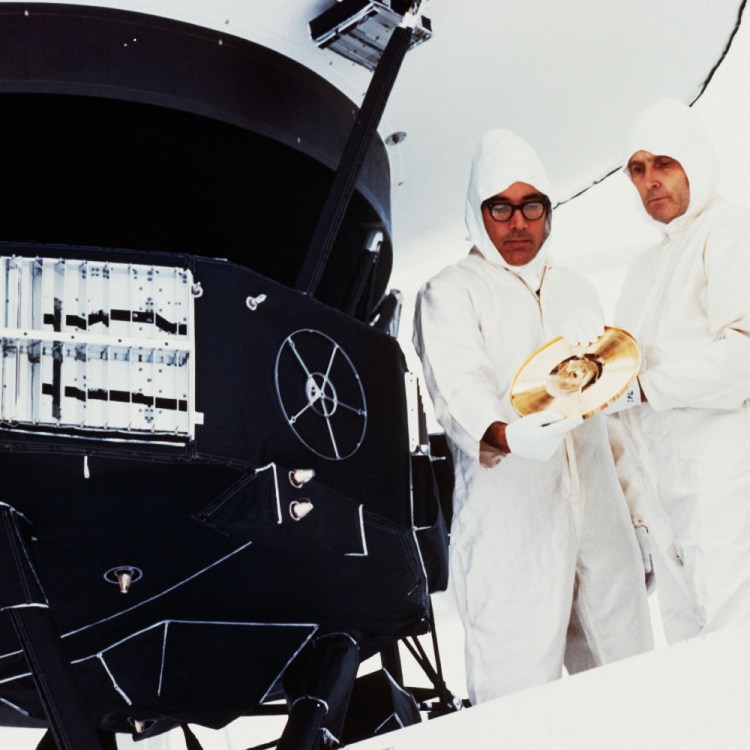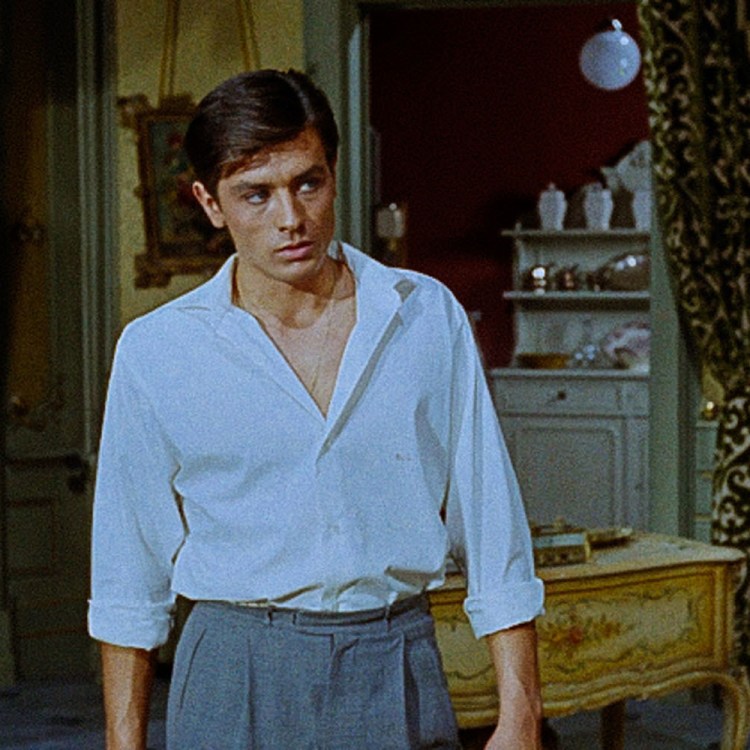“It’s ironic: This is the story of how the world went digital in 1998 and we printed it on a machine from 1955.”
Designer Erik Spiekermann is Skype-ing with us about Change Is Good, a new book up for pre-order today that basically reinvents and reinvigorates the world of print.
And yet, it’s really a story about the halcyon days of the digital world, as written by Louis Rossetto.
You know Rossetto. He co-founded Wired, the prescient publication that predicted and still defines our modern digital age.
“Even during that time [1993-1998] I argued that the web was our future,” says the author. “That’s why we started [digital offshoot] HotWired so early. I wanted us to do our IPO early so we could get funds to expand that side.”
After leaving publishing, Rossetto was repeatedly asked to write the story of Wired. Instead, he took time off to be a dad and start a chocolate company. Around 2003, he decided he did have a story to tell. “I wanted to write about the ‘90s itself, the digital revolution and the dot-com bubble, from the point of the people on the ground,” he says. “I wanted it to be about the emotion and passion and ideas that came here. It wasn’t about making money, at least in the beginning. And it wasn’t some kind of Silicon Valley parody.”
Over time, the format of the manuscript (see below) and writing changed, but the basic story stayed the same — Change Is Good (the cover line on Rossetto’s last issue of Wired) follows six young people in San Francisco over a few days in 1998. There’s a CEO of a search engine company about to go public, an artist bridging the world of digital and sex, a drug dealer who wants to be a game maker, a 19-year old hacker who wants to start a revolution, an investment banker caught between her ideals and her company’s corruption, and a journalist who wants to tell the “story of our times.”
It’s 1998, but it’s also pretty much now.
“We don’t appreciate how we got here,” Rossetto says. “We live like settlers in the world these people created. It was scary to be in San Francisco in 1998! A lot of people with big ideas, but there wasn’t a lot of money. A lot of fear and anxiety, mixed with opportunity and optimism.”
To tell the story, the author went an unusual route: Exclusively print, and printed in a way that had never been done before.
“A screen is so ephemeral. It’s junk food,” says Rossetto, who admits to have numerous Kindles, iPads and, during our interview, having “two screens open right now.” He adds: “Print is a physical, sensual experience. You can sink into it. Every medium has its purpose and message. Print has its own dynamic. It’s still important and cool.”
Change foregoes offset printing for a laser-cutting letterpress technique called “Post Digital Printing,” a reinvention of a very old printing technique mixed with modern technology. Using an old Heidelberg letterpress and some advanced laser cutting, the words you see on the pages of Change look extremely precise and sharp. “When you move the book against light, it possesses a real humanity and life,” says the author. “It’s essentially the best way to read something long and complex.
Credit the designer and publisher, and long-time friend of Rossetto. “I’m trying to tone down the ‘revolutionary’ aspect of what we’re doing,” says Spiekerman, laughing. “I’m German, we tend to be more modest. But I do liken this printing process to what Steve Jobs did with the iPod … all the technology was there, but no one’s put it together.”
Spiekermann, who likens high-end book publishing to a new movement of “slow food, pour-over coffee and vinyl,” thinks the beautiful slipcover novel is more like a piece of art. “You’ll appreciate it because it’s been touched by human hands,” he says.
But to appreciate the artistry, and to chart where the Digital Revolution took off (and maybe went wayward), you can only read this as a book, and only via Kickstarter. No Amazon, no ebook.
Change Is Good launches today, August 15th, with pledges starting at $98.
This article was featured in the InsideHook newsletter. Sign up now.























